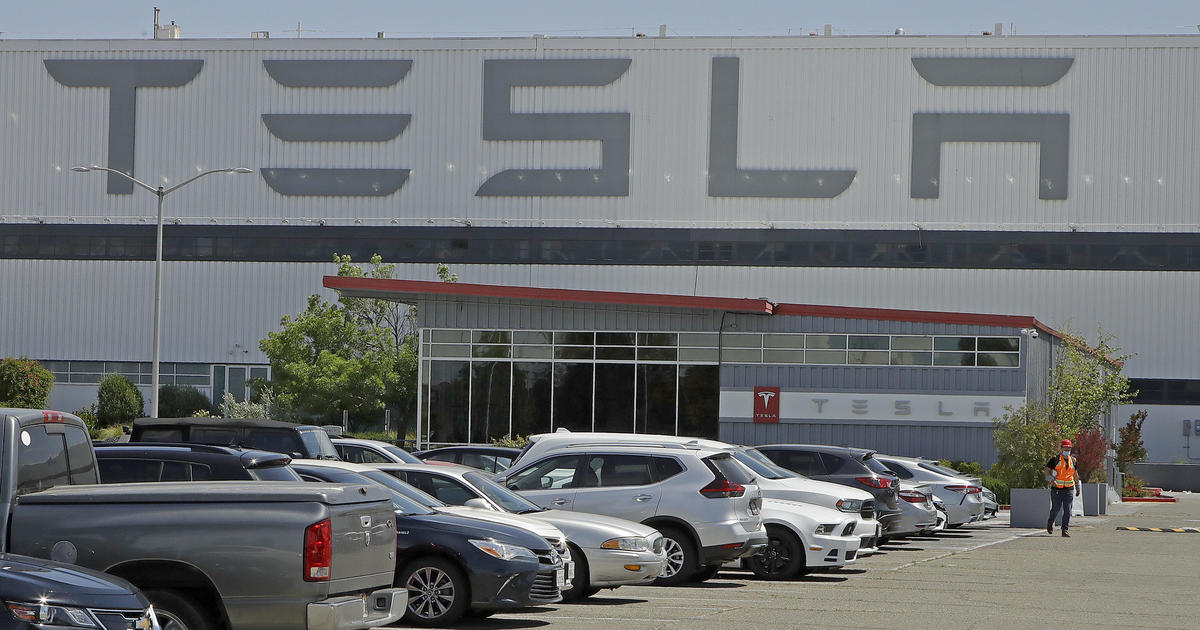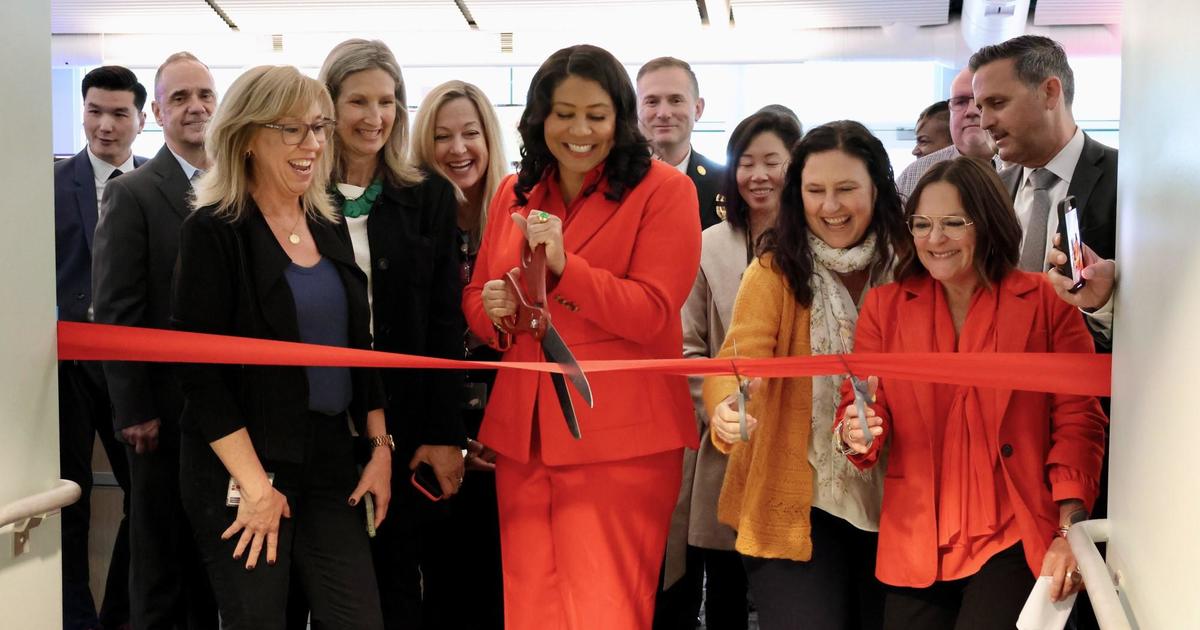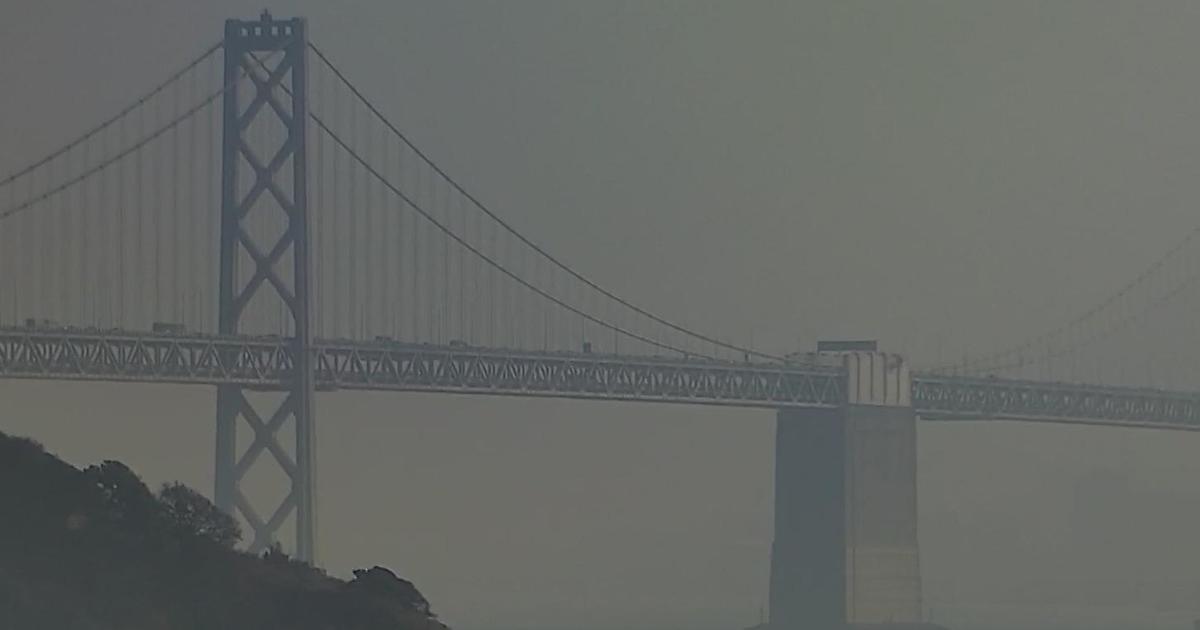World Safety Summit On Self Driving Car Tech Kicks Off At Levi's Stadium
SANTA CLARA (KPIX 5) -- A gathering of autonomous vehicle industry leaders at the 2nd annual World Safety Summit in Santa Clara offered a glimpse into the state of the industry, and progress towards widespread rollout and mass adoption of self-driving cars.
The event, organized by Velodyne Lidar based in San Jose, convened various business, government and public safety entities to discuss topics including industry practices, public trust and consumer acceptance.
Anand Gopalan, Velodyne Lidar's Chief Technology Officer, noted the collegial atmosphere among competitors in these early days of development.
"Of course we are competing in the commercial space," said Gopalan, "But there is truly a sense of idealism that people want to do something that is better for society. And they want to make safer mobility happen. That forces people to come together for a common purpose for society. And then of course, you're forced to have some hard conversations, like can we share data? Can we share tough, safety 'corner cases?' You force these cutthroat competitors to realize that ultimately, for all of us to be successful, we have to win the public's trust and bring the technology safely to the marketplace."
Google, who did not attend the event, has been testing AVs since 2009. In a 2015 TED Talk, Chris Urmson, then the head of the company's self driving car division, spoke of his son who would be eligible for a license by the end of 2019.
"My team and I committed to making sure that doesn't happen," Urmson said to a roar of laughter in the audience at the time.
Indeed, in those early days, there was much talk of level 5 vehicles on the roads by the end of the decade.
"I think there was a huge amount of optimism," said Jeff Blackburn, regional vice president of sales at Dataspeed, maker of AV research and development platforms.
Blackburn predicted rollout of AVs would be in the form of autonomous taxis in cities located in the southern U.S., with no snowy climates, five years from now.
"I think most of the companies have pulled back a bit and they understand this is a much more difficult problem than they thought it would be," said Blackburn.
"I think people learned that going fast was really challenging," said Gopalan. "I think now that's been tempered by reality where people realize if you're driving really fast, you have to make some very challenging decisions very quickly. So you are now seeing start with more modest expectations, where they want to make this technology work at 30, 35, 40 mph…And then tackle the problem of speed."
Karen Collazo, a first time rider in a self-driving car demo at the summit, said the ride was "exactly how I imagined it," and quickly appeared at ease despite a brief malfunction that caused the engineer overseeing the controls to abort the drive on the closed track.
The program was quickly reset, and there were no other issues during the drive. Collazo even attempted to pilot the vehicle using a secondary steering wheel in the rear, using a 3D lidar as guidance, simulating the experience of a remote operator.
"For me not touching anything, it's kind of like it's here," Collazo said, "It's happening. Finally."



